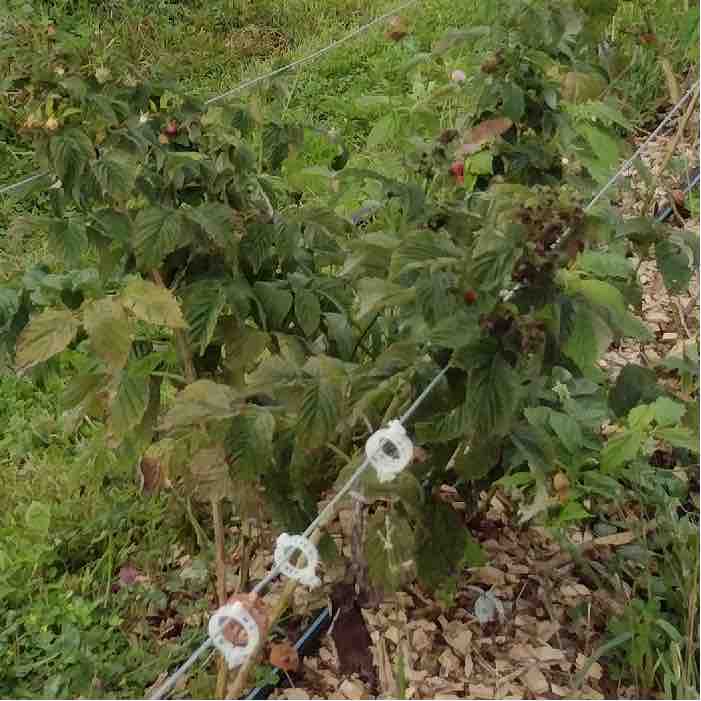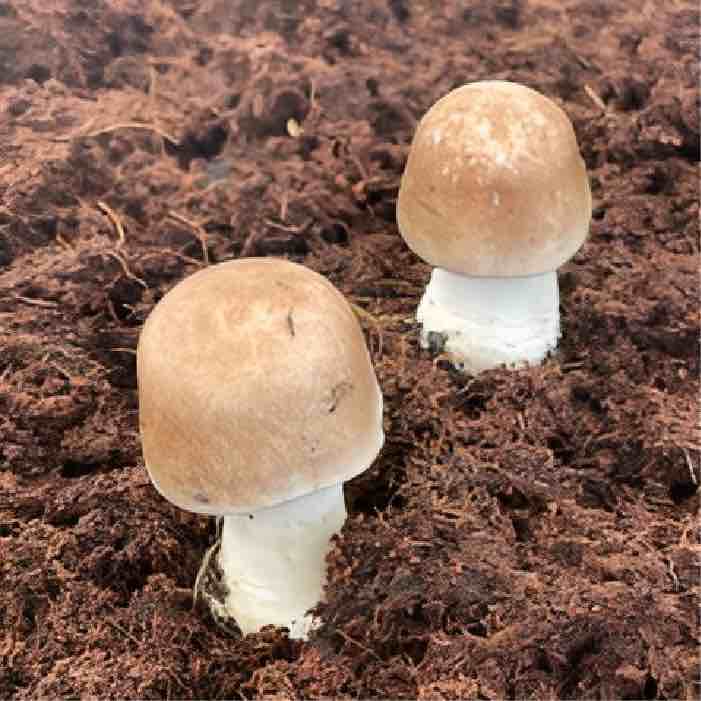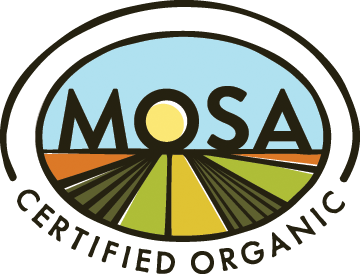Mycoremediation and Soil Health
Mycoremediation and soil health go hand-in-hand. Mycoremediation is the practice of using fungi to remove harmful toxins such as metals, dyes, and pesticides from the environment. While the idea of mycoremediation has gained popularity there is little research on methodology and best practices. At Field & Forest Products we want to advocate for small-scale mycoremediation projects that are possible for the general public to implement. In order to do this responsibly we are working to gather data and test what will and will not work. We're looking at small-scale projects such as road run-off, small farm run-off, and other applicable areas that can be tested with limited resources.
While hand-in-hand with mycoremediation we can work on building soil health in non-polluted soils. Mushrooms can help build back the earth's topsoil by converting woody materials into rich, loamy soil. While our standard practice is to use wine cap to break down cardboard, straw, and/or wood chips and convert that to soil, there are likely other materials that can be converted.
We're also looking to measure how fungi effects plant health and the plant-growing process. Studies that will look at plant robustness, reduction of disease or insect pressure, effectiveness of different mulch types for garden cultivation are all questions we want to examine.
Have ideas on how you can help? Fill out the Citizen Science Application and email it to citizens@fieldforest.net and we'll talk through methodologies and get you spawn to get started!
-
Citizen Science: Using Wine Cap to Remediate Infected Raspberry Plants
This citizen science study aims to examine if Wine Cap ( Stropharia rugoso-annulata ) mycelium can help...Read More » -
Citizen Science: Growing Almond Agaricus on Spent Brewer's Grain
This citizen science study aims to examine if Almond Agaricus ( Agaricus subrufescens ) mushrooms can be...Read More »









